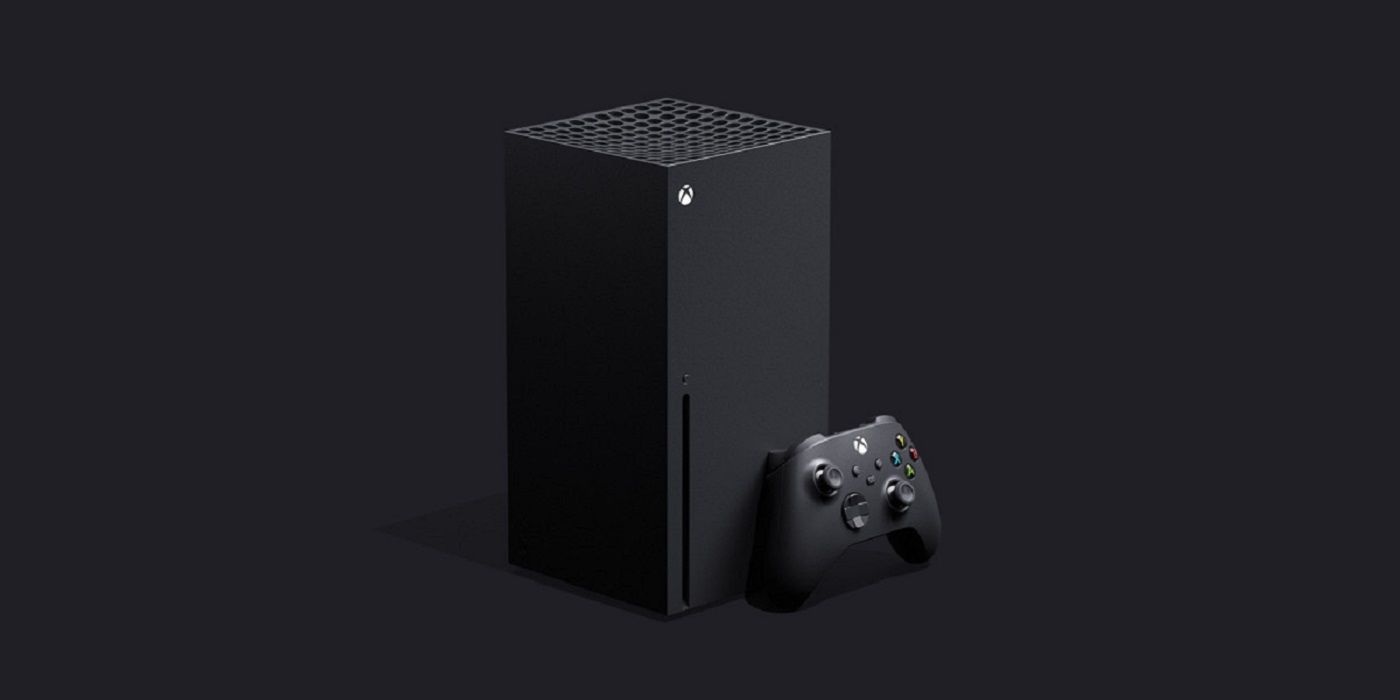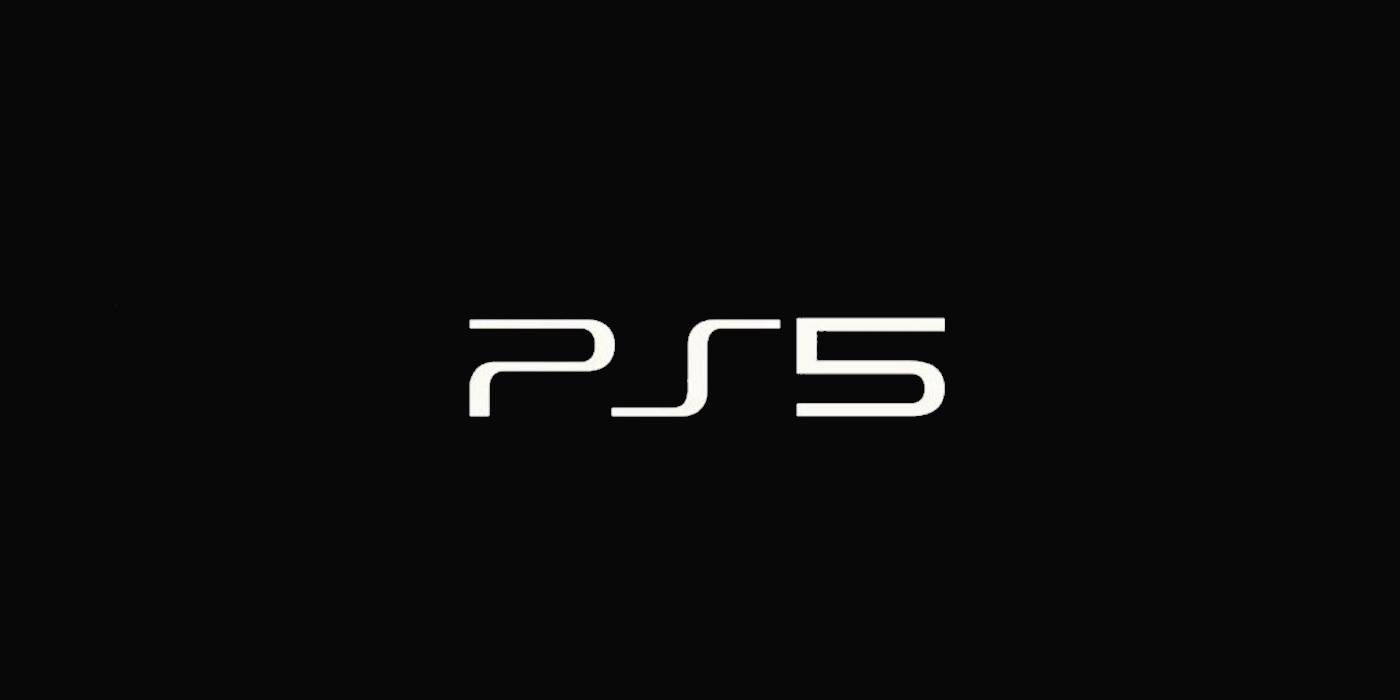PlayStation 5 vs Xbox Series X: How Do the Next Gen Consoles Compare?

Today, fans finally got official confirmation of the PlayStation 5's specs, and while Sony didn't reveal PS5's design during its conference, players at least have a better idea of what to expect from the console. Now, the industry re-enters an all too familiar area that always precedes new systems launching: console wars. So, how does the PlayStation 5 stack up against Microsoft's Xbox Series X?
Above all else, consoles are nothing without games, and there still isn't much gamers have seen for brand new titles. There have been some looks at Godfall gameplay, one of the next-gen games coming to the PlayStation 5, and fans have seen a few current-gen games working on the new consoles. That's not to say specs don't matter, but before drawing any final purchasing conclusions, gamers may want to see what games will launch alongside the consoles.

Microsoft has been incredibly transparent with its next-gen system. The Xbox Series X debuted at the Game Awards last year, offering gamers their first real peek at what next-gen consoles have to offer. However, it wasn't until a few days ago that fans got a real look at what the Series X brings to the table. With an incredible amount of power backing it up, Xbox seems to be in a much better position for this console generation.
This time around, Microsoft is bringing much better messaging for the Xbox Series X than it had for the Xbox One. Microsoft has focused on games and the Xbox platform, rather than marketing the console as an all-in-one home entertainment device as it did with the Xbox One. That's a key move, and will certainly set it up for a much stronger console generation overall.
It's no small secret that the PS4 vastly outsold the Xbox One, at least according to official estimates, as Microsoft no longer announces Xbox sales figures. That being said, Microsoft has beat Sony to the punch in nearly every regard, which has done quite a bit in generating buzz around its next console. That buzz may help it hold onto the spotlight, despite PlayStation's current success.
As far as specs are concerned, the Xbox Series X is the more powerful of the two consoles, though many will need to see the two side by side before concluding how much of a difference that gap will make. Both Sony and Microsoft have now released load time demos for their consoles, and the results are both blazing fast.

Still something of a mystery at this point, the PlayStation 5 has been a curious case of Sony missing the mark in terms of marketing– or lack thereof. The PlayStation 5's specs have been revealed, but very little else about the console has seen the light of day.
The winner of this generation, PlayStation should have had the better footing leading up to the next consoles. However, with Microsoft beating Sony to the punch, it's no longer clear if that's the case. Microsoft came out swinging with its announcements, meanwhile, Sony has remained reserved, only offering the occasional update on the system.
With the announcement that only "most" of PlayStation 4's top 100 games will be backward compatible with the system, the possibility that the PS5 will feature full backward compatibility with every other PlayStation system, as rumored, is being called into question. Surprises happen, but it no longer seems like that level of backward compatibility will be the case.
The less-powerful of the two consoles, Sony will likely be relying on a strong lineup of exclusive titles to keep users on its platform. Luckily, PlayStation excels with exclusive titles, boasting a strong roster of recognizable and well-received intellectual property. Not to mention, the timing will be perfect for sequels to some of the platform's biggest games in the first few years, with games like God of War, Horizon: Zero Dawn, and Spider-Man all likely to get new entries on the platform.
That's a massive advantage that PlayStation has to offer gamers, but with Microsoft buying studios left and right, there will likely be plenty of competition as the two platforms carve out their respective libraries. That leaves things in a relatively even playing field, assuming both console makers have something to show. Given what fans have seen from Sony and the gusto with which Microsoft is approaching next-gen, that will likely be the case.

The nitty-gritty of the consoles will, without a doubt, be something fans of both systems dwell on between now and when they launch. Microsoft does have the upper hand, though that may very well mean the Series X is the more expensive console. Either way, both systems offer far superior specs than any other console out there, and they should provide massive leaps over what's currently possible in terms of gameplay and scale.
Xbox Series X:
- CPU: 8x Cores @ 3.8 GHz (3.66 GHz w/ SMT) Custom Zen 2 CPU
- GPU: 12 TFLOPS, 52 CUs @ 1.825 GHz Custom RDNA 2 GPU
- Die Size: 360.45 mm2
- Process: 7nm Enhanced
- Memory: 16 GB GDDR6 w/ 320mb bus
- Memory Bandwidth: 10GB @ 560 GB/s, 6GB @ 336 GB/s
- Internal Storage: 1 TB Custom NVME SSD
- I/O Throughput: 2.4 GB/s (Raw), 4.8 GB/s (Compressed, with custom hardware decompression block)
- Expandable Storage: 1 TB Expansion Card (matches internal storage exactly)
- External Storage: USB 3.2 External HDD Support
- Optical Drive: 4K UHD Blu-Ray Drive
- Performance Target: 4K @ 60 FPS, Up to 120 FPS
PlayStation 5:
- CPU: 8x Zen 2 Cores at 3.5GHz (variable frequency)
- GPU: 10.28 TFLOPs, 36 CUs at 2.23GHz (variable frequency)
- Memory: 16GB GDDR6/256-bit
- Memory Bandwidth: 448GB/s
- Internal Storage: Custom 825GB SSD
- I/O Throughput: 5.5GB/s (Raw), Typical 8-9GB/s (Compressed)
- Expandable Storage: NVMe SSD Slot
- External Storage: USB HDD Support
- Optical Drive: 4K UHD Blu-Ray Drive
So, what does this all mean? Obviously, the Xbox Series X is the more powerful console, which undeniably gives it an edge over the PlayStation 5 in terms of performance, at least as far as the raw numbers go. That being said, game development is incredibly complicated. Games are going to look a lot better than they do right now, that much is certain. But one of the two consoles will inevitably be easier to develop for, which will likely give that console a more distinct edge in the coming console wars.
Nothing is guaranteed, but Sony has claimed that the PS5 is its easiest console to work with yet, which, if true, may mean a more stable gaming experience despite having less power. Of course, it's hard to tell if that will actually be the case until more developers get their hands on the system, offering some additional insight into how things will actually work.
The key thing is seeing how the consoles perform side-by-side. Yes, odds are that Xbox will run third-party games more efficiently, and possibly even at slightly higher resolutions, but the 4K 60 FPS target is very clear for both systems, and it does seem that most titles should be able to hit that target given just how beefed up the consoles are.
Unfortunately, there's still a lot that fans don't know about the system - mainly the price and release date. One can hope that Sony has a more consumer-focused reveal soon, after all, PlayStation fans on Twitter were pretty upset by the PS5 deep dive. Of course, it's only a matter of time until Sony fully reveals its hand, and that should bring enough information for gamers to make real purchasing decisions.

Post a Comment